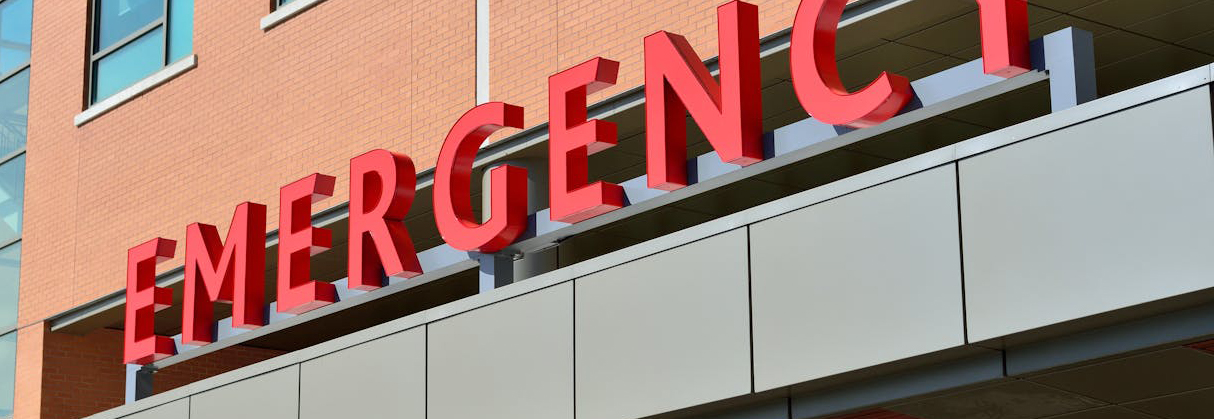Dental emergencies can occur unexpectedly, causing significant discomfort and distress. Knowing how to respond can make a critical difference in outcomes. This blog aims to guide UK residents through the most common dental emergencies, offering practical advice and highlighting the importance of seeking professional help promptly. If you live in Hampshire and need to treat your dental emergency, search in your favourite search engine for “emergency dentist Hampshire.”
Identifying Common Dental Emergencies
Severe Toothache
A persistent toothache that doesn’t subside with over-the-counter pain medication is a clear sign of a dental emergency. This type of pain can be unbearable and may indicate an underlying issue such as an infection or an abscess. If you experience intense, unrelenting tooth pain, it’s essential to contact an emergency dentist immediately.
Knocked-Out Tooth
Experiencing a knocked-out tooth, often due to an injury or accident, can be both alarming and painful. If this happens, try to find the tooth and handle it only by the crown, avoiding the root to prevent further damage. Rinse it gently without scrubbing and, if possible, place it back into the socket. If this isn’t feasible, keep the tooth moist in a container of milk or saline solution and seek emergency dental care right away. Quick action can sometimes save the tooth.
Sudden Swelling
Sudden swelling of the face or gums could indicate a serious infection that requires immediate attention. Such infections can spread rapidly, leading to more severe health issues if not treated promptly. Facial or gum swelling should never be ignored, and seeing an emergency dentist as soon as possible is crucial.
Broken or Chipped Tooth
A broken or chipped tooth, especially if it causes pain or difficulty eating, needs urgent attention. Rinse your mouth with warm water, and if there’s any bleeding, apply a piece of gauze. Cold compresses can help reduce swelling. Quick treatment can relieve pain and prevent further complications.
Lost Filling or Crown
Losing a filling or crown can lead to sensitivity and discomfort. While this may not seem immediately urgent, it can cause significant pain and lead to further complications if left untreated. Cover the exposed area with dental cement or a piece of sugarless gum and book an appointment with an emergency dentist to resolve the issue.
What to Do in a Dental Emergency
When faced with a dental emergency, staying calm is crucial. Here’s a step-by-step guide on what to do:
- Assess the Situation:
Determine the severity of the situation. Is it something that can wait a few hours, or is immediate action required?
- Contact an Emergency Dentist:
Many dental practices in the UK offer emergency services. Contact your regular dentist for guidance or use online resources to find an emergency dentist near you.
- Follow First Aid Measures:
Depending on the emergency, there are initial steps you can take to manage pain and prevent further damage. For instance, using cold compresses to reduce swelling or rinsing your mouth with warm water can be beneficial.
- Prepare for Your Visit:
Gather any relevant medical information and, if applicable, bring the knocked-out tooth or broken pieces with you. This helps the dentist provide the best possible care promptly.
Why Immediate Attention is Crucial
Dental emergencies might seem like they can wait, but delaying treatment can lead to more severe complications and longer recovery times. Prompt attention ensures relief from pain and prevents minor issues from escalating into major problems. For example, a simple toothache could turn into a severe infection if ignored, leading to more extensive (and expensive) treatments later on.
Finding an Emergency Dentist in the UK
If you’re unsure where to find an emergency dentist in the UK, several resources can help. The NHS website offers a directory of local emergency dental services. Additionally, many private dental clinics have provisions for emergency appointments. It’s wise to have contact information for an emergency dentist handy, just in case you need it unexpectedly.
Conclusion
Understanding and recognising dental emergencies is vital for maintaining oral health and overall well-being. Whether you’re dealing with severe tooth pain, a knocked-out tooth, sudden swelling, or a lost filling, prompt action and professional care are essential. Don’t wait for your dental issue to escalate—act quickly and seek the assistance of an emergency dentist to ensure the best outcome.
